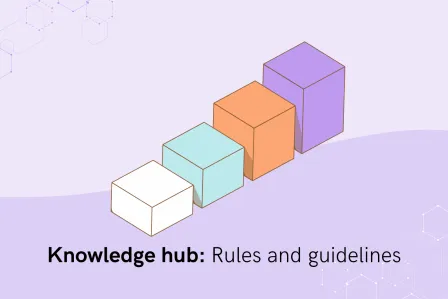The document Teaching and Learning in the Digital World, adopted by Germany’s Standing Conference of the Ministers of Education and Cultural Affairs (KMK) in December 2021, supplements the 2016 national digital education strategy, “Education in the Digital World”. It responds to the profound cultural and societal changes driven by digitalization, emphasizing that digital transformation in education is not just technical but fundamentally alters communication, social structures, and learning processes.
The strategy addresses both systemic (education authorities, school supervision) and individual school levels, as well as teacher education institutions, focusing on ensuring equitable access and participation for all students, including those with disabilities.
Key priorities include embedding digital competencies across all subjects from primary school onward, fostering critical thinking, creativity, communication, collaboration, and self-management. The document highlights the need for differentiated, inclusive digital learning environments and stresses the importance of accessibility and usability for diverse learners.
(Source: KMK)
Entities responsible for implementation: Standing Conference of the Ministers of Education and Cultural Affairs (KMK)

The document Teaching and Learning in the Digital World, adopted by Germany’s Standing Conference of the Ministers of Education and Cultural Affairs (KMK) in December 2021, supplements the 2016 national digital education strategy, “Education in the Digital World”. It responds to the profound cultural and societal changes driven by digitalization, emphasizing that digital transformation in education is not just technical but fundamentally alters communication, social structures, and learning processes.
The strategy addresses both systemic (education authorities, school supervision) and individual school levels, as well as teacher education institutions, focusing on ensuring equitable access and participation for all students, including those with disabilities.
Key priorities include embedding digital competencies across all subjects from primary school onward, fostering critical thinking, creativity, communication, collaboration, and self-management. The document highlights the need for differentiated, inclusive digital learning environments and stresses the importance of accessibility and usability for diverse learners.
(Source: KMK)
Entities responsible for implementation: Standing Conference of the Ministers of Education and Cultural Affairs (KMK)
- media literacy education digital skills


